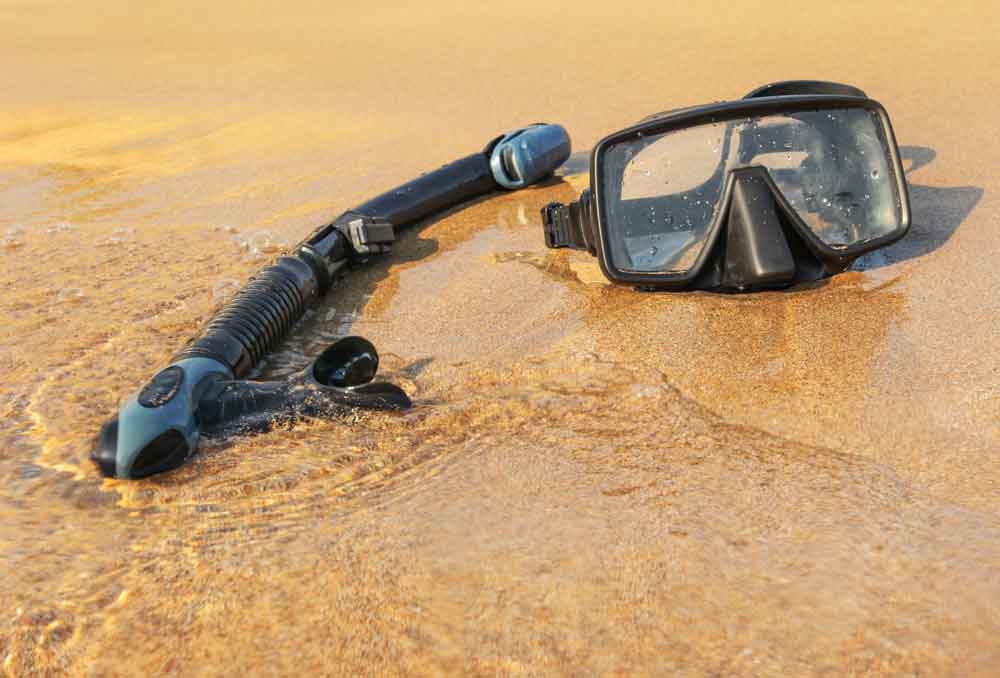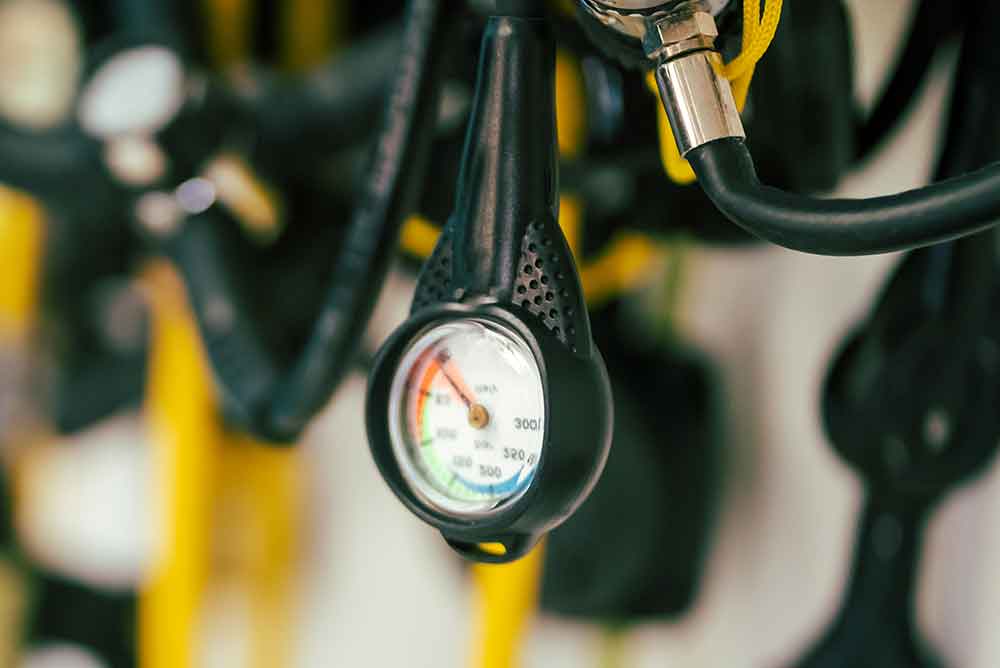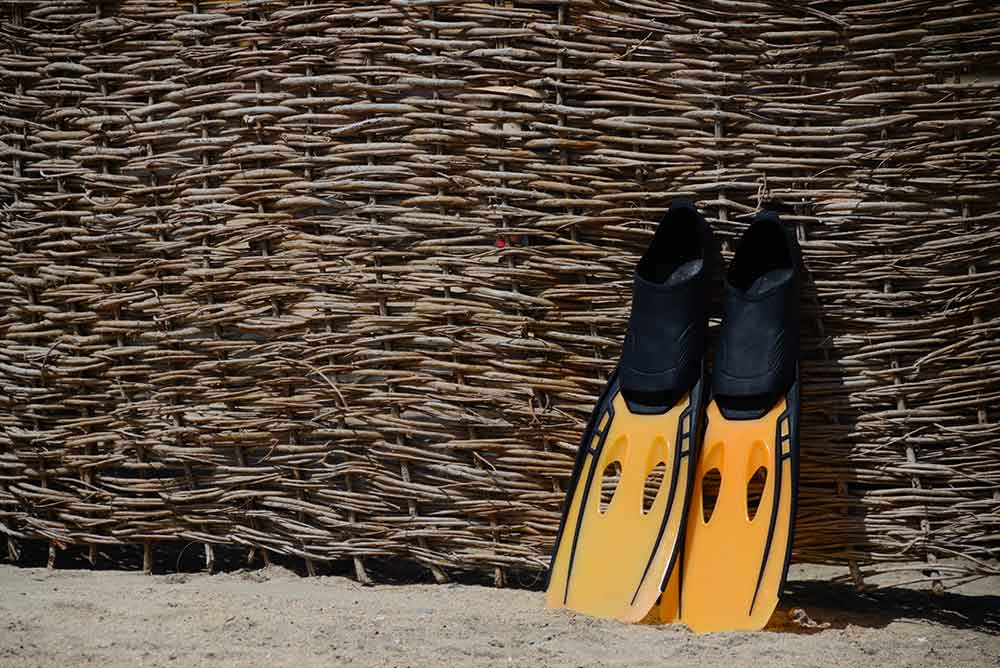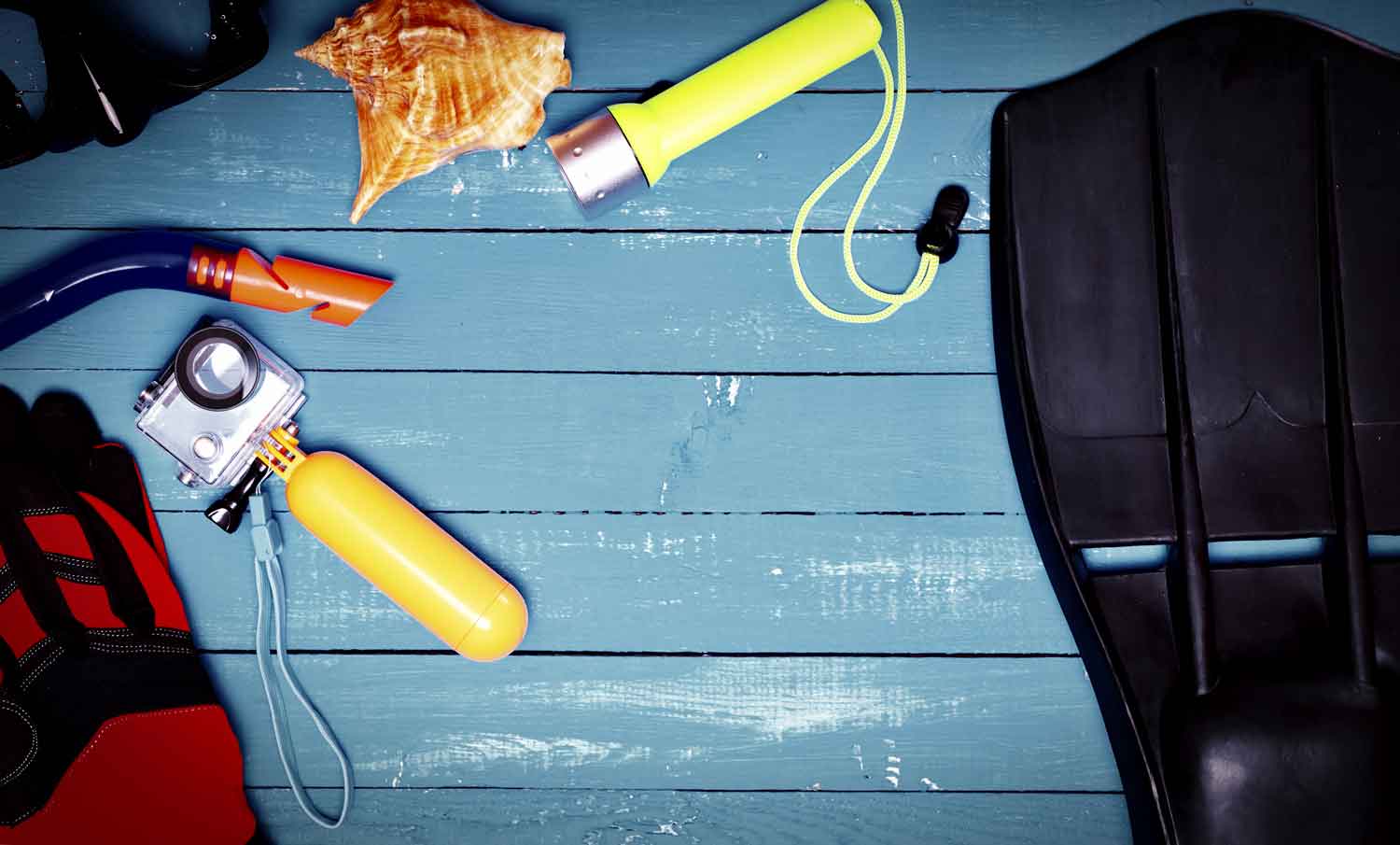Red Sea Top Scuba Diving Gear for Every Diver: Essential Equipment and Location-Specific Gear
Scuba diving requires the right equipment for safety, comfort, and an enjoyable experience. Whether a diver is a beginner, a recreational enthusiast, or a professional, selecting the right scuba diving gear is crucial for a successful dive. Understanding which gear is essential for general use and which is specialized for specific diving conditions ensures that divers are fully prepared for various environments, from warm reefs to cold-water wrecks. This guide covers top scuba diving gear, focusing on equipment that supports different diving needs and conditions, including travel-friendly options.
Essential Scuba Diving Equipment for Every Diver
Diving safely and comfortably starts with the right basic scuba gear. Every diver should have a core equipment set that enables safe underwater exploration, regardless of experience level. Below are the fundamental pieces of gear every diver needs before hitting the water.
Basic Scuba Gear Every Diver Needs
Scuba diving essentials include masks for clear vision, snorkels for surface breathing, fins for efficient movement, regulators, and BCDs for air delivery and buoyancy control. Dive computers and pressure gauges are also crucial for tracking depth, time, and air supply, ensuring safety throughout the dive.
Choosing the Right Wetsuit for Your Dive
Wetsuits provide essential thermal protection for divers, and their thickness varies based on water temperature—thinner suits (3mm or less) for warm waters and thicker suits (5mm to 7mm) or drysuits for colder conditions. Neoprene is the most common material, but newer options like titanium or graphene-lined wetsuits offer improved thermal efficiency for optimal comfort and protection.



Specialized Scuba Gear for Diving Location Conditions
Each diving location presents unique challenges and conditions that require specialized scuba gear. Understanding local conditions—such as water temperature, visibility, depth, and environment—helps divers choose the best equipment for the dive.
Cold-Water Diving Gear
Cold-water diving requires specialized gear to prevent hypothermia and maintain comfort. While wetsuits with thicker neoprene (5mm or higher) offer some protection, dry suits are often the best option in freezing conditions, providing superior insulation. Thermal accessories like gloves, hoods, and boots protect extremities from the cold.
Gear for Reef Diving
Reef diving in warmer, shallow waters requires lightweight, durable gear that prioritizes comfort and mobility without sacrificing safety. Reef-safe sunscreen protects both divers’ skin and coral reefs, while thinner wetsuits (2mm or 3mm) or dive skins offer protection against jellyfish stings and UV rays. Lightweight fins and masks ensure ease of movement.
Deep Dive and Wreck Diving Equipment
Wreck and deep dives require specialized gear to handle increased pressure and challenging conditions. High-pressure regulators and advanced dive computers track depth, gas mixes, and decompression limits. At the same time, specialized lighting with high-lumen output ensures visibility in the dark, enclosed spaces like wrecks or caves.
Must-Have Diving Accessories for Every Location Dive
In addition to the essential scuba gear, divers should invest in key accessories that enhance safety and comfort during a dive.

-
Dive Lights and Torches
Dive lights are indispensable for night diving or exploring dark underwater environments. High-quality lights should be waterproof, durable, and easy to handle. Choosing a torch with adjustable brightness settings is essential, allowing divers to adapt to various dive conditions, such as low visibility or deeper dives.
-
Underwater Cameras and GoPros
Capturing underwater moments is an exciting part of diving, and a high-quality underwater camera or GoPro can help divers document their experiences. These cameras should be durable, waterproof, and capable of taking explicit photos and videos even in low-light conditions. Whether for personal memories or sharing with others, capturing the dive adds to the overall experience.
-
Dive Knives and Cutting Tools
Safety is a top priority when diving, and having a dive knife or cutting tool is essential. These tools can free a diver from entanglement in fishing lines or other hazards underwater. Divers should choose a compact, corrosion-resistant knife with a secure sheath that is easy to access in an emergency.
Gear for Scuba Professionals and Serious Divers
The right gear goes beyond the basics for professional divers or those with advanced certifications. These divers need specialized equipment designed for technical dives and extended underwater durations.
Advanced Regulators and Technical Diving Gear
Serious divers often use advanced regulators to handle higher gas flows and provide reliable air delivery under demanding conditions. Technical diving gear, such as multiple tank setups, rebreathers, and dive computers with gas management features, is essential for divers who regularly explore more profound and challenging dive sites.
Custom-Fit Equipment for Professionals
Custom-fit diving equipment, including BCDs and fins, provides greater comfort and performance. Professionals who dive frequently will benefit from a tailored BCD that offers optimal buoyancy control and a fin system that enhances propulsion efficiency. Custom-fit gear is designed to match a diver’s individual needs, improving both safety and enjoyment.
Training and Certification Gear
Divers seeking to advance their skills or work as instructors often require specialized gear for teaching and guiding. This includes gear for conducting training dives and items like additional regulators or equipment for teaching buoyancy control, navigation, and other advanced skills. Certified instructors often need to carry extra equipment for their students’ needs during dives.
Travel-Friendly Diving Equipment
Packaging the right scuba gear can be challenging for divers who travel frequently. Travel-friendly diving equipment is designed to be compact, lightweight, and durable, ensuring divers can take their gear anywhere they go without hassle.
-
Lightweight and Compact Gear for Travelers
Travel-friendly diving equipment includes compact BCDs, collapsible fins, and lightweight masks that don’t sacrifice performance for portability. These items are designed to fold or collapse to fit easily into luggage while delivering the necessary functionality for a great dive.
-
Packing Tips for Scuba Gear
Divers should pack their equipment carefully to protect scuba gear during travel. Hard cases protect fragile items like dive computers and regulators, while soft bags work well for clothing and accessories. Divers should also ensure that all equipment is dry before packing to avoid mold or damage.
-
Dive Gear Rental vs. Bringing Your Own
Renting dive gear at a destination can be convenient but may not always offer the same comfort and fit as personal equipment. Divers should consider the quality of rental gear available at their destination and whether it meets their safety and comfort needs. Bringing personal gear ensures that the diver is familiar with their equipment, which can enhance the diving experience.
